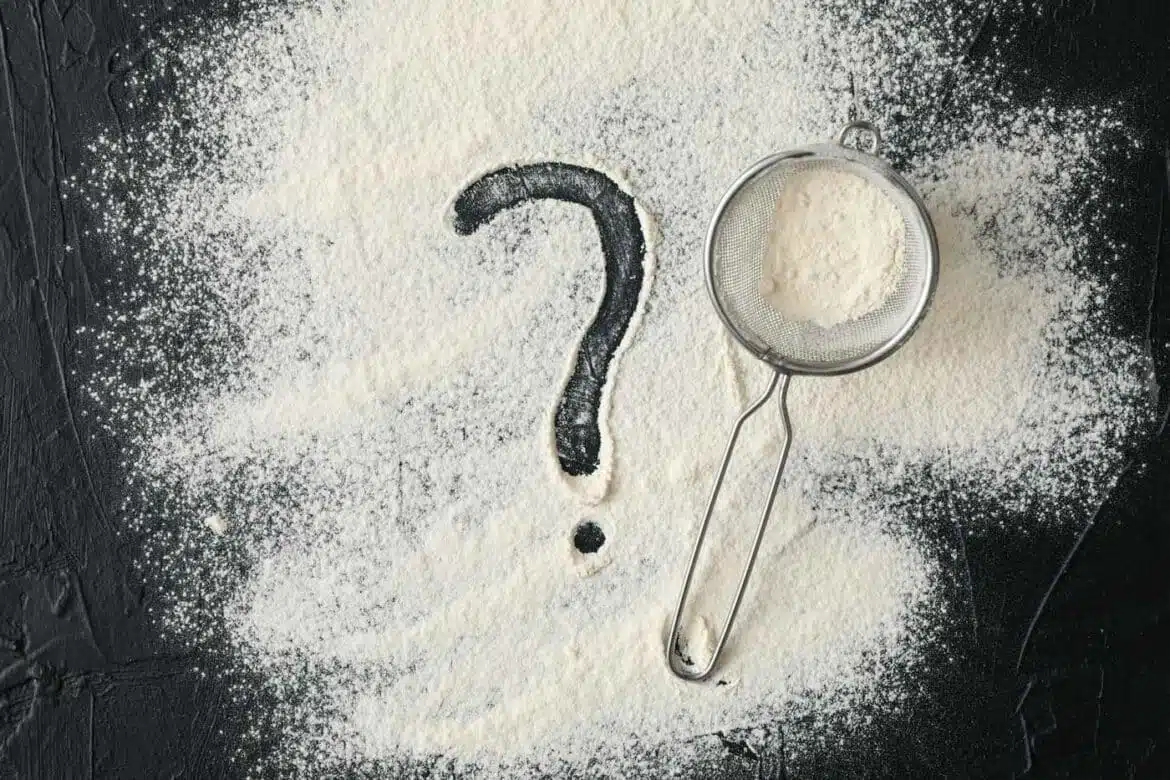This post is also available in: ![]() Deutsch
Deutsch ![]() Français
Français
Who would have thought that the world of food is so full of surprising and fascinating stories? From the dark past of lemons in Sicily to the sound of growing rhubarb and the question of why some figs are not vegan, in this article, we take you on a journey into the quirky, amazing and sometimes even humorous corners of food history. Here are 10 food facts to amaze and amuse. Bon appetit!
1. Lemons’ Criminal History
In the 18th and 19th centuries, lemon groves were Sicily’s main income source. Given their value, theft and sabotage by rivals were common. Since the rule of law was weak at that time, plantation owners hired private “protectors,” leading to the birth of the “protection fee” system (also known as “pizzo”). Over time, these “protective” networks evolved into the organised crime syndicate, better known as the Sicilian Mafia or “Cosa Nostra.”
2. Ever Heard Rhubarb Grow?
In West Yorkshire, in England, is the so-called “Rhubarb Triangle”: a 23 square kilometre area where, at its peak in the 19th century, about 90% of the world’s rhubarb was grown. At that time, the farmers developed the so-called “forcing” technique, a process that made it possible for the rhubarb to grow faster, to be harvested in larger numbers and also to taste sweeter. This technique – which, by the way, is still used today – is so successful that you can actually hear the rhubarb growing. The opening buds, which make a constant squeaking noise during the growing season, are responsible for all the noise.
3. Freedom Fries, Anyone?
After France condemned the U.S. invasion of Iraq in 2003, two U.S. senators proposed renaming “French Fries” and “French Toast” to “Freedom Fries” and “Freedom Toast” in Senate cafeterias. While many found this move rather absurd, some private restaurants adopted the new names. Thankfully, U.S.-French relations have since warmed, and “Freedom Fries” have vanished from most menus.
4. Figs Aren’t Exactly Vegan
Figs are probably the only fruit that is not strictly speaking vegan. Of course, they do not contain animal flesh, however, during pollination, the females of a certain species of wasp fly into the flowers of the edible fig trees, from which they do not come out again and die there. As the flower grows into a fruit, the wasp’s remains are decomposed by enzymes, which is why the fruit ends up containing, strictly speaking, animal material and is consequently not vegan.
5. Eyes Influence Taste
Research indicates that dish colour impacts taste perception. For instance, strawberries taste sweeter on a white plate than on a black one due to heightened colour contrast, which primes the brain for a sweeter flavour.
6. Liège or Vienna?
Towards the end of the 19th century, Viennese-style coffee houses were all the rage in Paris. A popular coffee creation, the “Café Viennoise”, a double espresso with milk foam, whipped cream and cocoa powder, was named after the Austrian capital in imitation of the “Viennese Melange” (which contains neither whipped cream nor cocoa). When the First World War broke out in 1914 and the country was officially at war with the Kingdom of Austria-Hungary, the sweet coffee blend was renamed “Café Liégeois”. The Belgian city of Liège was chosen as the new patron saint, as it was there that the invading German army was held off for a long time at the beginning of the war, giving the French army an important time advantage. Today, the coffee speciality can be found in Parisian cafés under both names.
7. No Shared Meals in the Cockpit
Many airlines forbid pilots and co-pilots from consuming the same meal, guarding against the unlikely but possible event that they might be incapacitated by food poisoning.
8. Candy Diet
In 2010, a professor at Kansas State University wanted to prove that losing weight is not about the type of nutrients, but only about the number of calories. Therefore, he conducted a self-experiment and ate only sweets for 2 months, but made sure to stay in a significant calorie deficit. In the process, he succeeded in losing no less than 12 kilograms.
9. Banana’s Wonder Protein
A protein called “lectin” is responsible for the brownish colour that the banana takes on during the ripening process. But this protein has a lot more going for it than the ability to create brown spots on the banana skin. Scientists at the Chinese University of Hong Kong were able to prove that lectin can stop the development of tumour cells and prevent viruses from multiplying. They are also working on a lectin-based cure for HIV.
10. No Soup for the U.S. President
After a 1969 state dinner with Canada’s Prime Minister, President Nixon complained to his chief of staff that the meal was taking far too long for him. He suggested that in future the meal should be shortened by one course and that they should just skip the soup. Nixon’s chief of staff Bob Haldeman, however, suspected another reason than the long duration. He noticed that the president had spilled the soup on himself. Nixon must have been so embarrassed by this that there was no more soup on state visits for the rest of his term.


